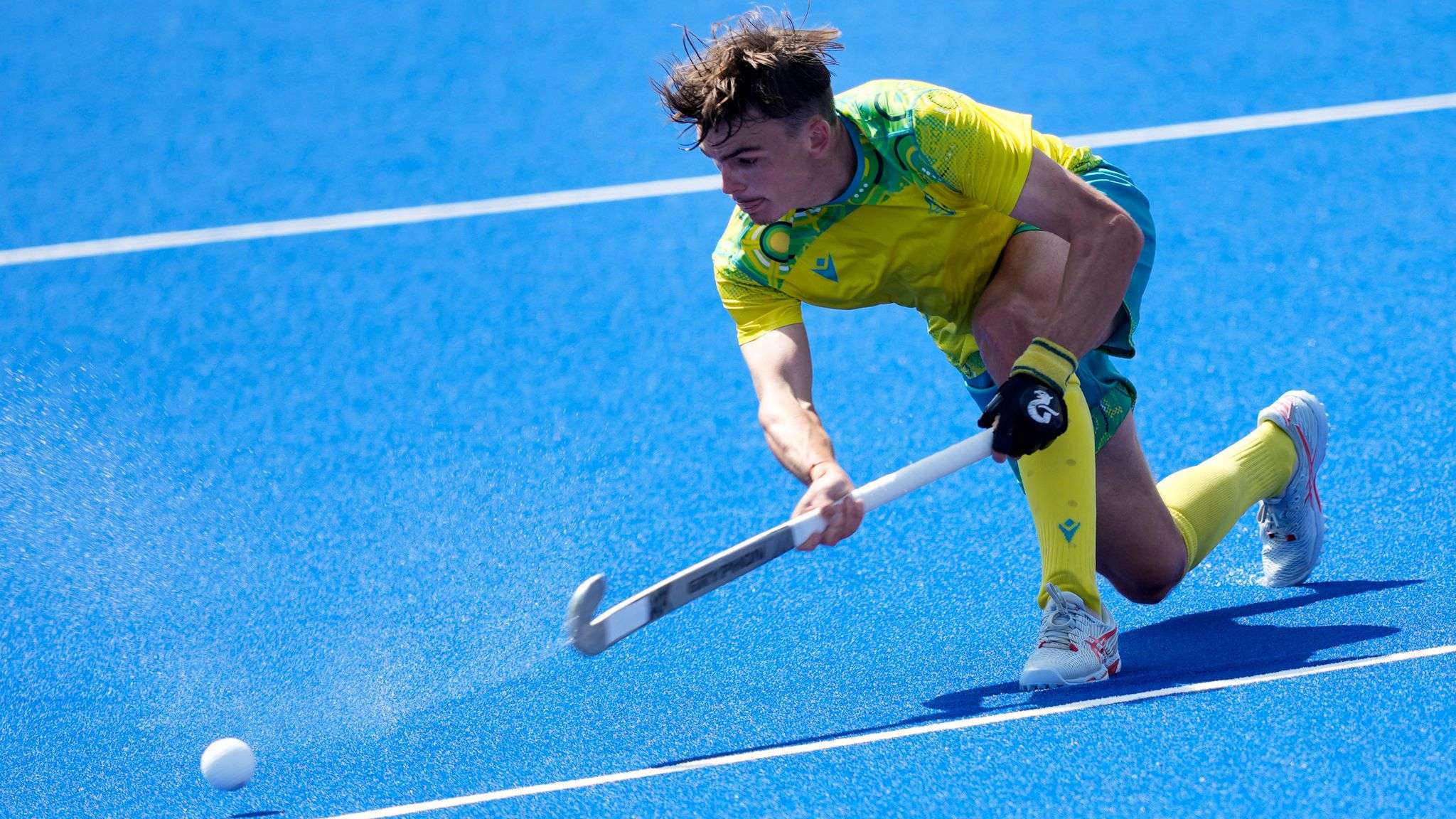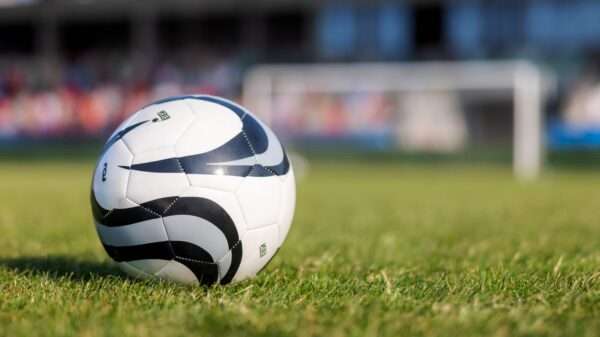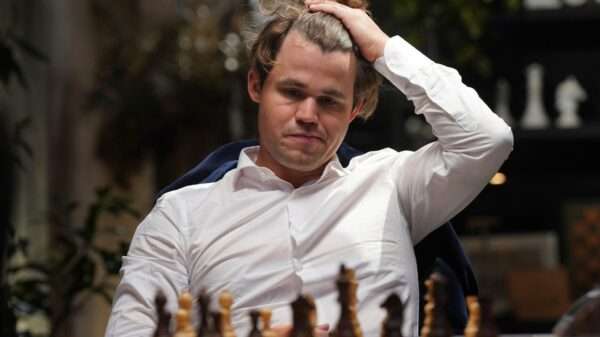Australian field hockey player Matt Dawson has made the difficult decision to have part of his finger amputated to enhance his chances of competing at the Paris Olympics. The 30-year-old defender, a key figure in the Australian national team, has chosen this extreme measure after battling a persistent finger injury that threatened to derail his Olympic dreams.
Dawson, who has been a mainstay in the Australian squad known as the Kookaburras, sustained a serious finger injury that severely impacted his playing abilities. Despite multiple treatments and surgeries, the injury continued to hinder his performance on the field. The choice to amputate was not made lightly; it came after extensive consultation with medical professionals, team management, and his family. This drastic step underscores Dawson’s commitment and passion for the sport, as well as his determination to represent Australia on the international stage.
The decision reflects the intense dedication required at the highest levels of sports. Athletes often face difficult choices regarding their health and career, and Dawson’s situation is a stark reminder of the sacrifices involved in pursuing Olympic glory. By opting for amputation, Dawson hopes to recover fully and regain the agility and dexterity needed to perform at his peak, unencumbered by the chronic pain and limitations caused by his injured finger.
As Dawson prepares for the Paris Olympics, his story has resonated with fans and fellow athletes, highlighting the physical and mental challenges elite athletes face. His resilience and willingness to endure such a significant procedure speak volumes about his character and determination to overcome adversity. This decision could potentially set a precedent for how athletes handle severe injuries that threaten their careers, emphasizing the importance of health and long-term well-being even in the pursuit of sporting excellence.
The Kookaburras, under the guidance of their coaching staff, are now working closely with Dawson to ensure he has the support needed during his recovery and rehabilitation. The team is one of the favorites for the upcoming Olympics, and Dawson’s experience and skill are invaluable assets. His leadership and defensive prowess have been pivotal in Australia’s successes in recent years, including their gold medal win at the 2021 Tokyo Olympics.
In the broader context, Dawson’s situation brings attention to the often unseen and untold aspects of an athlete’s life—injuries, recovery, and the personal costs of competing at the highest level. It also raises questions about the pressures athletes face, the medical decisions they make, and the support systems available to them. For fans and the public, it is a reminder of the human side of sports, where passion and determination can sometimes lead to extraordinary measures.
As the countdown to the Paris Olympics continues, Matt Dawson’s journey will be closely watched. His courage in facing such a significant challenge head-on is inspiring, and his decision reflects a profound commitment not only to his personal goals but also to his team’s aspirations. While the physical toll of amputation is significant, Dawson’s mental fortitude and dedication suggest that he will approach his recovery with the same tenacity that has defined his career. The hope is that he will be able to compete at his best in Paris, showcasing his skills on one of the world’s biggest sporting stages and potentially leading Australia to another triumphant campaign.









































